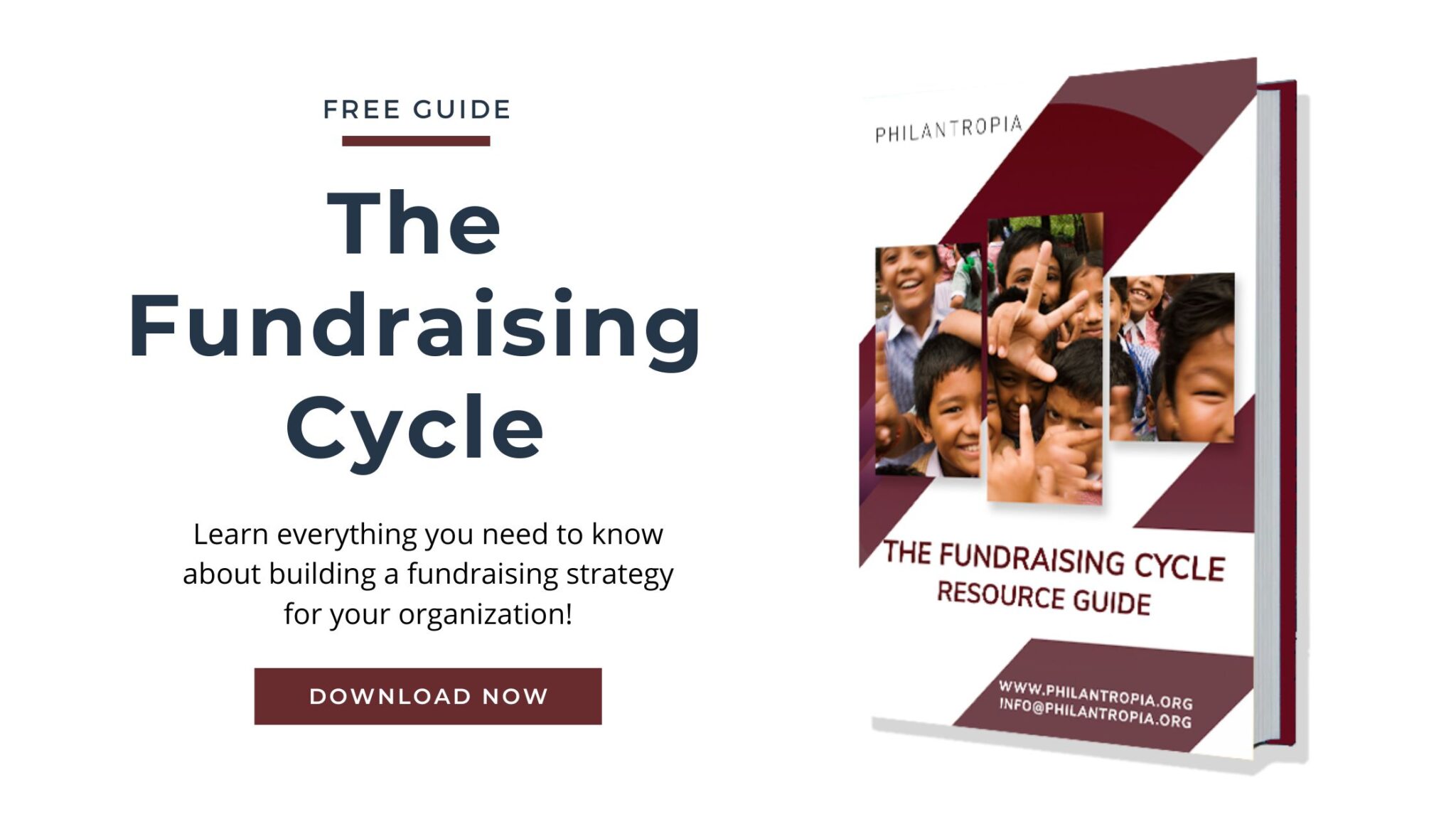The world of development has, in the course of its lifespan, not escaped criticism. Neither has its main actors, namely NGOs and INGOs. Dependency, however, stands out. A notorious example is the controversy surrounding aid, in all its forms. Does sending food to starving populations in Sub-Saharan Africa help them survive a period of drought and failing crops? In the short term, the answer is invariably ‘yes’. It is in the longer term that issues arise. Indeed, what if the next season reaps similar results because of changing weather conditions as a result of climate change. Then the same populations require the same form of aid. The problem lies in their ability to expect its renewal. Instead of adapting to changing conditions and innovating, isn’t relying on a steady supply of aid coming from generous organizations easier?
The Theory
The capitalist-orientated World Systems Theory (WST) sees this as a way of promoting certain norms, values, but mostly power structures. Indeed, control over a community’s only form of sustenance is as good a bargaining position as there ever was, no? Similarly, Dependency Theory adopts a more power-centered standpoint. Indeed, it sees this as the perfect stage from which to exert hegemony, and further perpetuate this dependence. Regardless, aid has characteristics that enable it to, in fact, disable.
Development work is not restricted to aid, but neither are the drawbacks of intervention. Dependency is also enacted in more subtle ways. Imagine a women’s empowerment NGO going into a village to teach women how to sew clothes. This results in 15 women being able to sew. However, the village’s needs only require the skills of two. To simplify, the other 13 are then faced with two choices. The first one is moving to cities, where their sewing skills can be put to use in the garment industry. The second is staying behind, knowing that they now have this skill that doesn’t serve them in any productive way.
The first will please adherents to WST, as this will perpetuate the legitimacy of the garment industry in developing countries. The second leads to frustration, the empowerment initiative thereby becoming disempowering.
Unintentional Dependency
These negative outcomes do not have to be the result of intelligent design, as much as they are probably the result of a failure to anticipate such consequences. The renowned problem with monitoring partially explains the latter. Although it is generally provided for in the initial proposal, a lot of organizations still experience either trouble evaluating the results of their intervention, or decide against it, drawing up a list of positive outcomes without looking into the details. Moreover, there is a general disregard for the very-long-term effects. This is because of the effort it takes to maintain an overview of the organization’s contribution.
Positive Development
This is not to say that development is per definition evil and all its actors perpetrators thereof. There is a multitude of examples of great development initiatives, and organizations learn from past mistakes, their consideration for their impact is only increasing.
What the theory shows, however, is the definite possibility for NGOs to have a detrimental contribution to a community, even a country. Yet, rather than discouraging organizations to contribute their helping hand, it is merely another challenge to overcome. The world keeps changing, and so does that of development. Initiatives in the likes of holistic development and community empowerment aim at giving the beneficiaries of development the means to engage in the process themselves.
What does this mean for the proposal writing process? As awareness of the challenges of development popularise, donors and funders will get more demanding, making sure that the projects they are attributing their money to can, indeed, bring about the change they proclaim. The vetting process might therefore become more thorough. However for an organisation with a heart in the right place, and a well-enough designed plan, this can also translate into an elimination of competition for less dedicated NGOs.
Proper research and a commitment to extended monitoring are indicators of good faith. It will reflect well regardless of funders’ stance on development dependency. Attempts at circumventing it translate in increased sustainability, i.e. the preservation of the intervention’s impact beyond the short term, and empowerment initiatives, integrating the community’s people themselves in the projects so that they have the ability to replicate it.
The challenges of dependency simply emphasise the need for thoroughness and dedication in the proposal writing process already, whether from an ethical point of view, or to appeal to funders.


